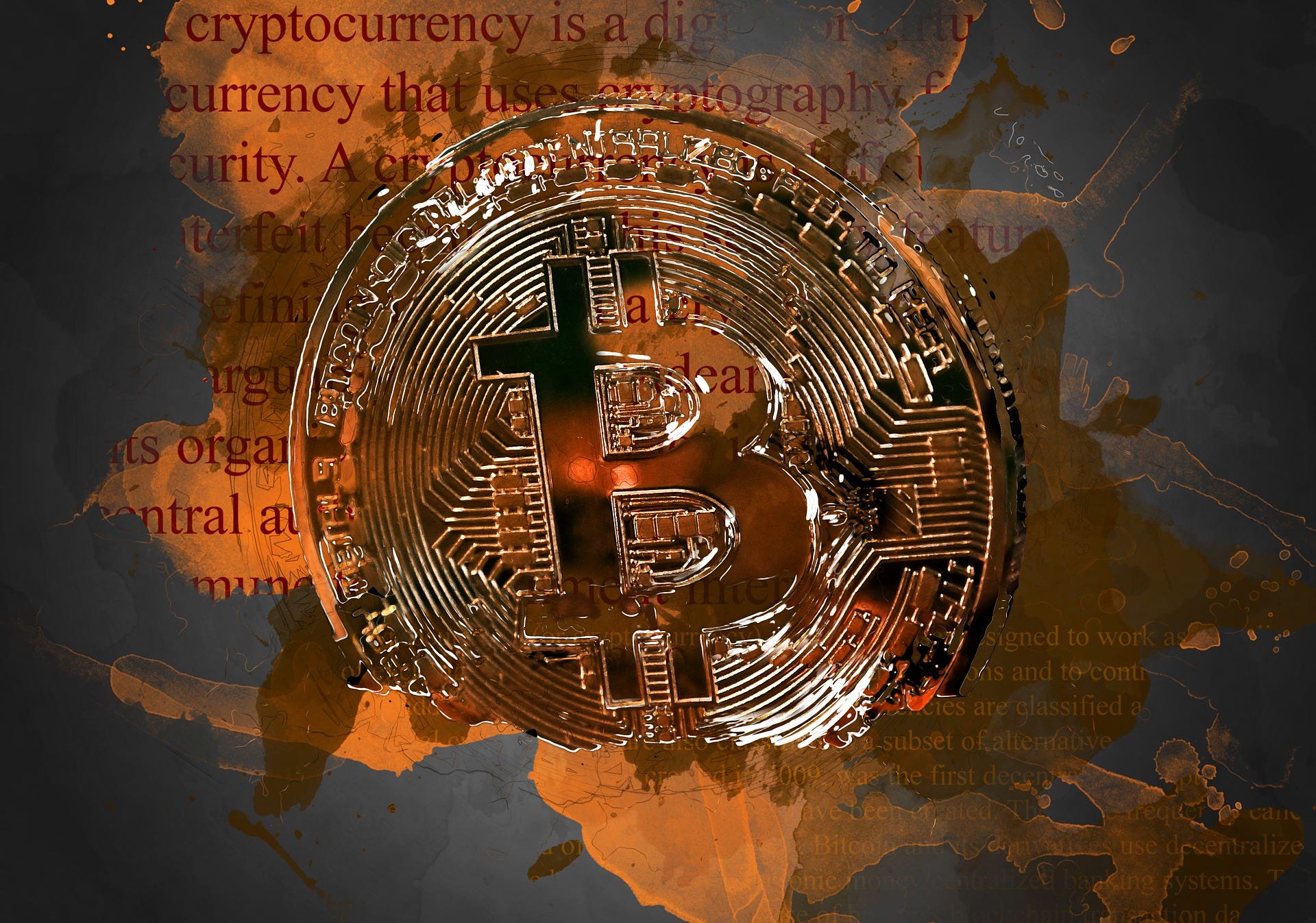PALO ALTO, Calif. (Reuters) - The Federal Reserve is taking a look at a broad variety of concerns around digital payments and currencies, consisting of policy, style and legal factors to consider around possibly providing its own digital currency, Governor Lael Brainard said on Wednesday. Brainard's remarks recommend more openness to the possibility of a Fed-issued digital coin than in the past." By transforming payments, digitalization has the prospective to deliver greater worth and convenience at lower cost," Brainard stated at a conference on payments at the Stanford Graduate School of Organization.
Reserve banks internationally are debating how to manage digital finance technology and the distributed journal systems utilized by bitcoin, which promises near-instantaneous payment at potentially low cost. The Fed is establishing its own round-the-clock real-time payments and settlement service and is presently reviewing 200 remark letters submitted late in 2015 about the proposed service's design and scope, Brainard stated.
Less than 2 years ago Brainard informed a conference in San Francisco that there is "no compelling demonstrated need" for such a coin. However that was prior to the scope of Facebook's digital currency ambitions were commonly known. Fed authorities, consisting of Brainard, have actually raised issues about customer securities and information and privacy hazards that might be presented by a currency that might enter usage by the 3rd of the world's population that have Facebook accounts.

" We are collaborating with other reserve banks as we advance our understanding of reserve bank digital currencies," she said. With more countries checking out issuing their own digital currencies, Brainard stated, that contributes to "a set of reasons to likewise be making sure that we are that frontier of both research study and policy advancement." In the United States, Brainard stated, issues that need research study include whether a digital currency would make the payments system safer or easier, and whether it could present financial stability dangers, consisting of the possibility of bank runs if money can be turned "with a single swipe" into the reserve bank's digital currency.
To counter the monetary damage from America's unmatched national lockdown, the Federal Reserve has actually taken unprecedented steps, consisting of flooding the economy with dollars and investing straight in the economy. The majority of these relocations received grudging acceptance even from lots of Fed skeptics, as they saw this stimulus as needed and something just the Fed could do.
My new CEI report, "Government-Run Payment Systems Are Unsafe at Any Speed: The Case Against Fedcoin and FedNow," details the threats of the Fed's current plans for its FedNow real-time payment system, and propositions for central bank-issued cryptocurrency that have actually been called Fedcoin or the "digital dollar." In my report, I discuss concerns about personal privacy, information security, currency manipulation, and crowding out private-sector competitors and development.
Advocates of FedNow and Fedcoin state the government must produce a system for payments to deposit quickly, rather than encourage such systems in the private sector by lifting regulatory barriers. However as kept in mind in the paper, the private sector is supplying a relatively endless supply of payment innovations and digital currencies to solve the problemto the degree it is a problemof the time gap in between when a payment is sent out and when it is received in a savings account.
And the examples of private-sector development in this location are many. The Cleaning Home, a bank-held cooperative that has been routing interbank payments in numerous forms for more than 150 years, has actually been clearing real-time payments given that 2017. By Click for source the end of 2018 it was covering half of the deposit base in the U.S.